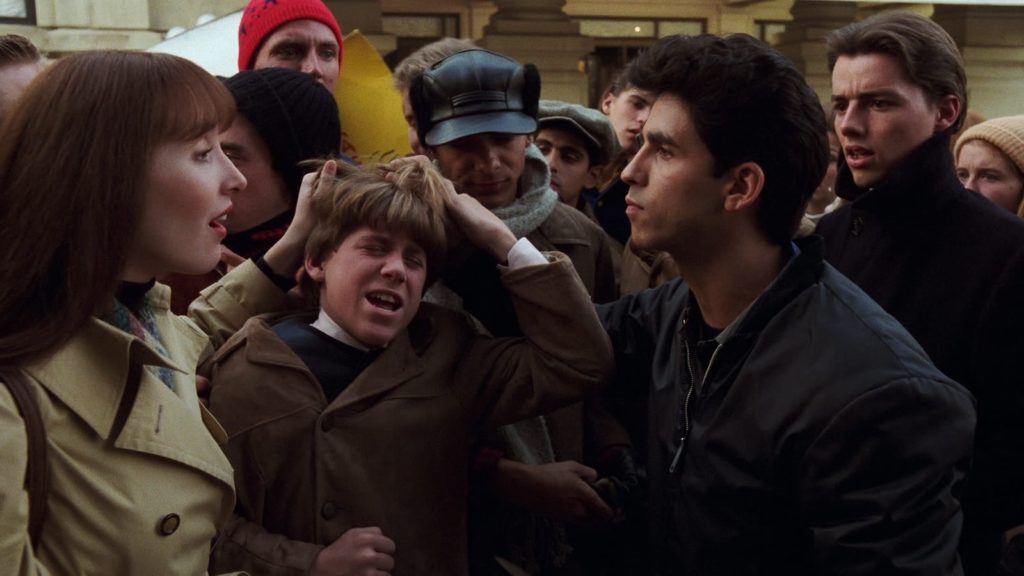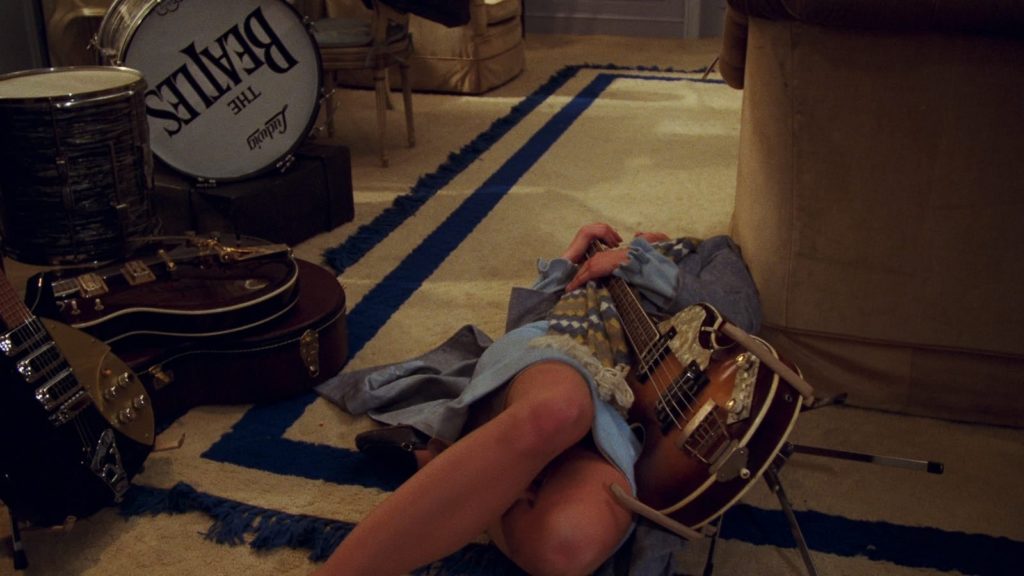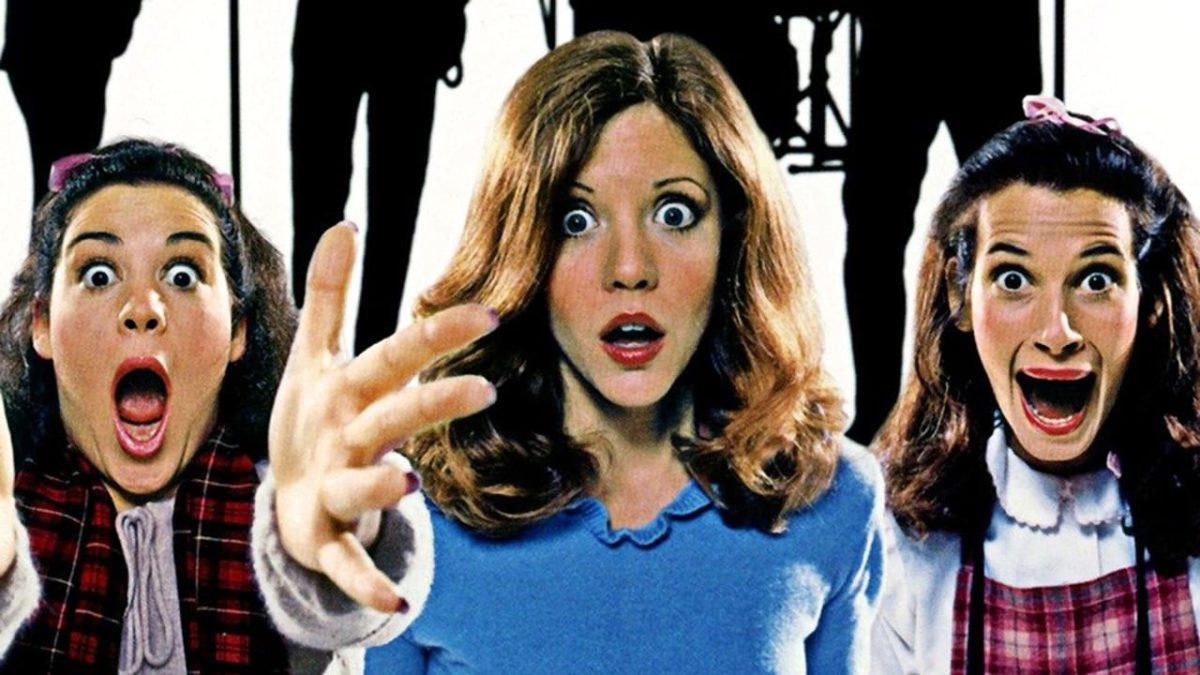So often, you hear great filmmakers talk about their love of film in spiritual terms. Robert Zemeckis is no different: “Television saved my life,” he claimed in an interview with the Academy for Achievement in 1996. He grew up in a blue collar Chicago household that he’s described as soul-sucking. His parents put no emphasis on artistic appreciation or creation . His path to Hollywood mega-success wasn’t a graceful red carpet saunter but a slug-it-out brawl that gave him more than a few lumps — and still does today.
In film school, Zemeckis met Bob Gale who would become his frequent partner in cinema. The two prided themselves on enjoying pulpy entertainment above the French New Wave movies that were all the rage with their fellow film students. Through sheer force of will, he befriended Steven Spielberg, who took a shining to Zemeckis’s plucky, populist spirit, and served as executive producer to Zemeckis’s first few films, even as they kept financially flopping.
The first of those Zemeckis films (and flops) is I Wanna Hold Your Hand, a comedy about a bunch of teens who try to break into the Ed Sullivan debut of The Beatles in 1964. The film, co-written by Zemeckis and Gale, is probably most noteworthy nowadays in the way it foreshadows Zemeckis’s future fascinations and plot points: Zemeckis, for example, uses some clever camerawork to insert fictional characters into real historical scenarios, which is exactly the gimmick upon which Forrest Gump would be built 16 years later. There’s also an exact recreation (precreation, I suppose) of the beat where George McFly socks Biff when Biff is molesting Lorraine in Back to the Future.

But to reduce the film to Zemeckis’s doodle pad for future achievements is unfair to I Wanna Hold Your Hand (and unfair to The Polar Express, which really does feel like a doodle). This is a perfectly fun romp, though not an especially funny one — more of its charm come from humorous incidents and mild character development than actual jokes.
The opening twenty minutes of the movie is its best stretch. For a bit I wondered if I had stumbled into Zemeckis’s American Graffiti, a music-driven teenage hangout masterpiece and snapshot of a unique time and place. The first few scenes do a terrific job of sketching characters and outlining a distinct world: four friends with different perspectives on the Beatles (though all pretty thinly veiling, if veiling at all, some lust for the Fab Four). There’s Janis, an anti-Beatles proto-hippie (Susan Kendall Newman); Pam (Nancy Allen), recently engaged to her beau, who views the fad from a detached distance; Grace (Theresa Saldana), who wants to snap some pics of the band to sell to the local paper; and Rosie (Wendie Jo Sperber), who has no shame in thirsting for the musicians. They’re accompanied by Tony (Bobby Di Cicco), a cocky Beatles-hater, and Larry (Marc McClure), who is smitten with Grace and has access to a useful car.
There’s some fun chemistry in the first few scenes before the plot demands the four girls split up into separate threads; I wish it could have stayed an ensemble piece for more of its runtime. Zemeckis and Gale do a great job giving each character a unique flavor and showing the girls’ various worldviews clashing and intersecting. It’s more than enough to build a movie around, but Zemeckis and Gale would rather pivot to high-jinks.
The post-split threads are hit-and miss. The most fun is Pam’s story, as her suppression of her teenaged horniness is challenged when she finds herself locked in the Beatles’ hotel room. (The movie’s single best shot is Pam’s reckoning with an extremely phallic bass guitar. It had me cackling.)

The sense that this might be anything near a masterpiece evaporates pretty quickly as the first act winds down. It a retains a pleasant chaotic energy through its runtime but never develops anything interesting to say that wasn’t already outlined in the first few scenes. There’s some fun retro colors and production details, but some disappointments, too: For all the smoke being blown about kids with long hair-dos, none of the haircuts on screen are particularly galling. Zemeckis’s vision of teenage giddiness is also a bit shrill; I got a kick out of the unhinged masses of Beatle worshippers at first, but it’s a premise that stretches thin.
And there is one horrible thread that threatens to torpedo the entire movie: Grace unironically tries to prostitute herself to get into the show, and the punchline of those scenes is no more tasteful or humorous than the setup. Grace’s story introduces some darkness that the movie can’t handle, as the film is at its best in wacky teen comedy mode.
I Wanna Hold Your Hand has some hints at the delirious entertainment Zemeckis would conjure in the future, but it still feels like he’s getting his sea legs. It’s not the hidden gem the first few scenes suggest, but it’s just fun and clever enough to be worth watching.
- Review Series: Robert Zemeckis
Is It Good?
Good (5/8)
Awards, Honors, & Rankings
Dan is the founder and head critic of The Goods. Follow Dan on Letterboxd. Join the Discord for updates and discussion.

